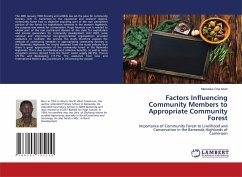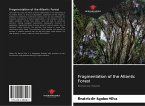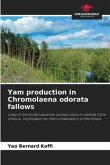The continuing loss of forest cover in developing countries, especially in the tropics has become an increasing concern to researchers and policy makers. This is a reasonable reflection of the multiple benefits of tropical forests, such as their support of human livelihoods, carbon sequestration and biodiversity conservation.Tanzania is one of nine pilot countries where UN assistance is channeled to test REDD interventions in nine (9) pilot sites as a recent policy response to halting global forest deforestation and degradation.The study conclude that, REDD+ has a potential to become an appropriate mechanism to help reduce global Green House Gasses(GHGs) emissions and enhancing the livelihoods of forest dependent people. The study acclaimed that strategies for controlling forest degradation need to be focused on reducing the dependence by creating alternative livelihood opportunities that will compete against the desires for forest use and degradation to the forest dependent communities, providing alternative technologies to reduce the gap in demand and supply of forest products and making the community adopt sustainable harvesting practices.
Bitte wählen Sie Ihr Anliegen aus.
Rechnungen
Retourenschein anfordern
Bestellstatus
Storno








